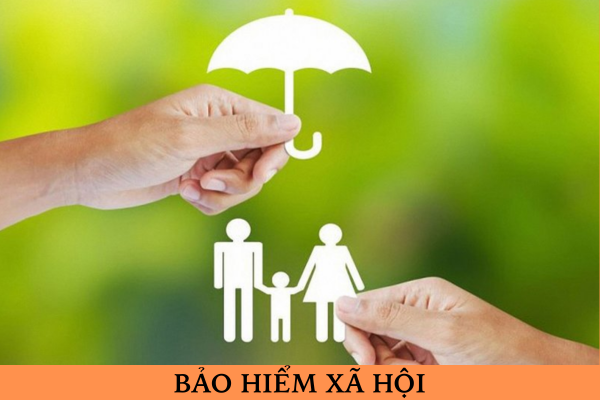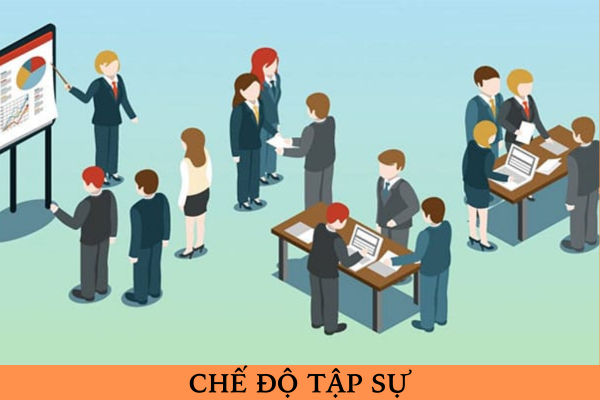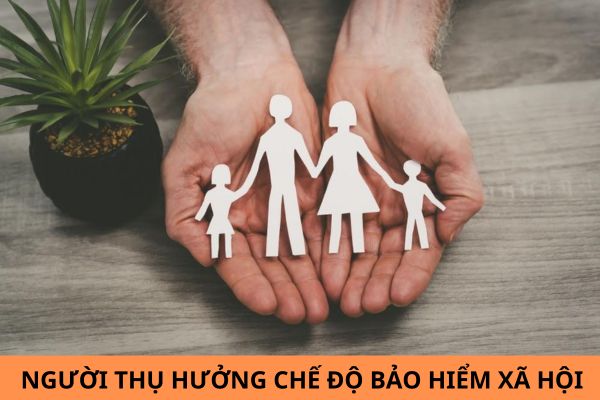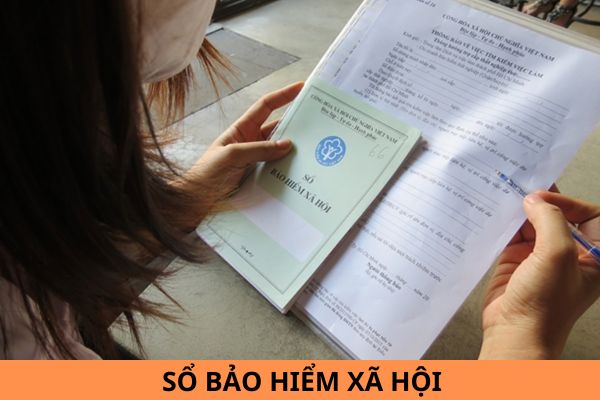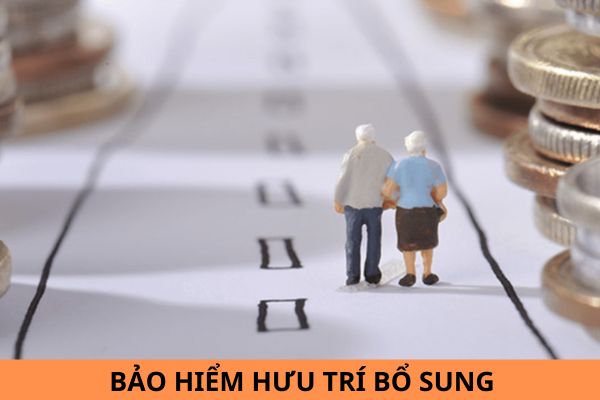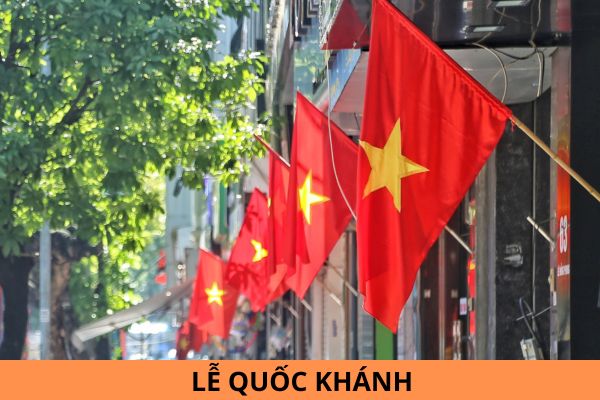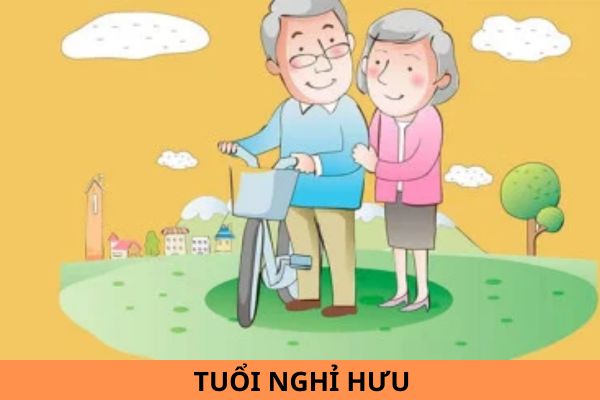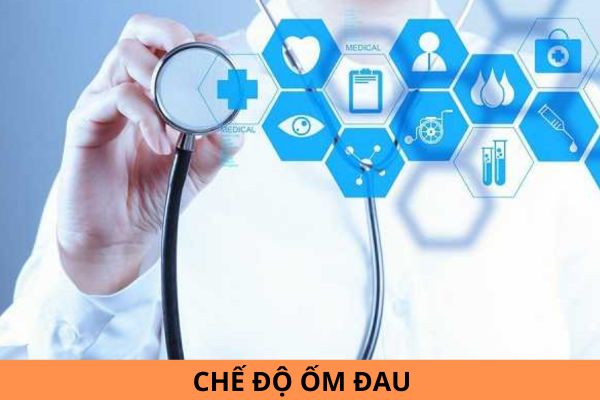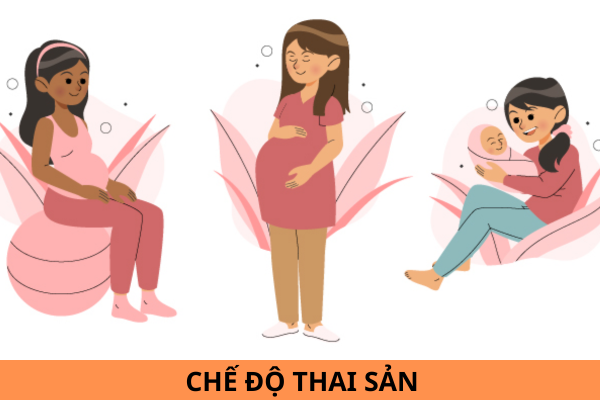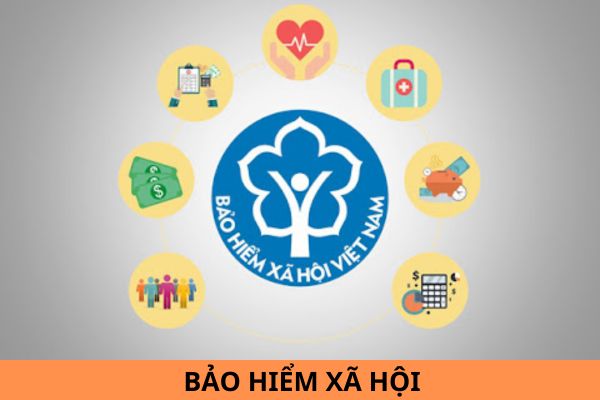What are regulations on competence of traditional medical caring combined with modern medicine in the basic competency standards of traditional Vietnamese medicine doctors?
What are regulations on competence of traditional medical caring combined with modern medicine in the basic competency standards of traditional Vietnamese medicine doctors? What are regulations on competence of communication and collaboration in the basic competency standards of Vietnamese traditional medicine doctors? What are regulations on medical organization and management capacity in the basic competency standards of Vietnamese traditional medicine doctors?
Thank you!
What are regulations on competence of traditional medical caring combined with modern medicine in the basic competency standards of traditional Vietnamese medicine doctors?
Pursuant to Area 3, Section IV of the Basic Competency Standards of Traditional Medicine Doctors in Vietnam promulgated together with the Decision 3159/QD-BYT in 2022 stipulating the competence of traditional medical caring combined with modern medicine in the basic competency standards of traditional Vietnamese medicine doctors as follows:
Traditional medicine doctors have the ability to address basic health care needs in a safe, timely, cost-effective manner based on scientific evidence and in line with real-world conditions.
|
Standard |
Criteria |
|
1. Make a treatment plan |
Identify priority health problems to evaluate and plan comprehensive care suitable for patients using traditional medicine methods combined with modern medicine. |
|
2. Assess the patient and analyze the evaluation information |
1. Collect information about the patient and family history related to the current health problem. 2. Perform modern medical examination, order and evaluate the results of subclinical tests of common diseases. 3. Carry out traditional medicine examination according to the four diagnoses: Vong - Van - Van - Thiet (Look - Ask - Listen - Operate). Inductive and dialectical argumentation of information collected according to the octagon, internal organs, blood, blood, meridians, and causes of disease. 4. Provide definite diagnosis and differential diagnosis of common diseases according to modern medicine and traditional medicine based on the International Classification of Diseases (ICD) and the traditional medical nomenclature of the World Health Organization . 5. Detecting cases of patients beyond their professional capacity and transferring them to the right place, at the right route, at the right time according to professional regulations. 6. Prepare medical records for patients according to the patient-centered principle, ensuring confidentiality, honesty, objectivity, science and accuracy. |
|
3. Develop a treatment plan based on the diagnosis of common health problems |
1. Develop a plan to combine treatment with modern medicine based on: diagnosis, treatment principles, treatment goals and treatment modality; Establish a suitable treatment course for the patient according to current professional regulations. 2. Develop a treatment plan with traditional medicine on the principles of lý - pháp - phương - dược và lý - pháp - phương - huyệt based on diagnosis, treatment goals, disease prevention, and health recovery according to regulations current professional regulations. 3. Develop appropriate and effective treatment plans combining traditional medicine with modern medicine. |
|
4. Treatment with non-drug methods (Acupuncture, acupuncture, acupressure massage, qigong nourishing ...) and external drug methods (applying, soaking, steaming, taking medicine bath, cupping steam) , shaved wind...) |
1. Explain the indications and undesirable effects to the patient when using non-drug methods and external drugs. 2. Assess the patient's risks and complications when using non-drug treatment techniques and external drugs. 3. Choose the patient's position, create a safe and comfortable environment for the patient. 4. Determine non-drug treatment methods or external drug methods suitable for diagnosis and perform technical procedures and movements according to the technical process prescribed by the Ministry of Health. 5. Regular monitoring, timely detection and handling of complications in the course of care and treatment. |
|
5. Safe, reasonable and effective treatment with traditional medicine and pharmaceutical drugs |
1. Comply with the principles and regulations on prescribing traditional medicine and pharmaceutical drugs on the principles of safety, rationality and efficiency; Explain and discuss with patients, family members and colleagues. 2. Implement the principles in the use of antibiotics and pharmaceutical drugs for patients, limiting drug resistance. 3. Select safe, reasonable and effective methods of using traditional medicine drugs and pharmaceutical drugs according to the guidance issued by the Ministry of Health and the management agencies of provinces and cities. 4. Using traditional medicine according to the principle of army - god - colonel - porcelain and dialectic argument. 5. Safe and effective use of chemotherapeutic drugs based on knowledge of pharmacology, pharmacokinetics, pharmacodynamics, drug interactions and toxicity. 6. Select the appropriate drug form, calculate the appropriate dose, detect and handle signs of unwanted effects when using traditional medicine and pharmaceutical drugs. |
|
6. Monitor treatment results and adjust when necessary |
1. Monitor, evaluate and adjust appropriate treatment methods to improve effectiveness. 2. Identify and create conditions for patients to access more appropriate treatment options, including: consultation, coordination with other specialties when necessary. |
|
7. First aid for common illnesses and in disaster care |
1. Fully assess, classify, make timely, appropriate and prognostic management decisions for life-threatening and/or non-immediately life-threatening cases that require early, aggressive treatment . 2. Handle basic emergencies (circulatory arrest, respiratory arrest, anaphylaxis) according to the professional protocol of the Ministry of Health. 3. Explain and advise patients and their families about the effectiveness of treatment and prognosis. 4. Effective coordination in the care team in first aid and emergency. 5. Comply with the Ministry of Health's principle of safe hospital transfer. |
|
8. Palliative care - pain control for chronic infectious and non-communicable patients |
1. Combining specialties with medical staff, patients and family members to provide palliative care and pain control according to the protocol of the Ministry of Health for patients. 2. Appropriately select and implement pain relief techniques by combining traditional medicine with modern medicine according to the protocol of the Ministry of Health. 3. Improve the patient's quality of life, relieve physical and mental pain by combining traditional medicine with modern medicine to help patients maintain an independent life. 4. Use appropriate medications, assistive devices, and social and transportation services. |
|
9. Education, health promotion and disease prevention |
1. Determining needs and contents for guidance on eating, living and exercising, health education for individuals, families and communities by combining traditional medicine with modern medicine. 2. Carry out counseling, communication and health education to improve knowledge and healthy lifestyle as a way to improve, maintain health and prevent diseases by traditional medicine and modern medicine. |
|
10. Maternal and child health care |
1. Take part in taking care of and managing the health of mothers at medical facilities by combining modern medical methods with traditional medicine. 2. Participate in health care and management for children at medical facilities by combining modern medical methods with traditional medicine. |
|
11. Mortality Management |
1. Determine the patient has died. 2. Take steps when the patient dies according to the provisions of the Law on Medical Examination and Treatment. |
What are regulations on competence of communication and collaboration in the basic competency standards of Vietnamese traditional medicine doctors?
Pursuant to Area 4, Section IV of the Basic Competency Standards of Traditional Medicine Doctors in Vietnam promulgated together with the Decision 3159/QD-BYT in 2022 stipulating the competence of communication and collaboration in the basic competency standards of Vietnamese traditional medicine doctors as follows:
Traditional medicine doctors have the ability to communicate effectively with patients, family members, colleagues and the community.
|
Standard |
Criteria |
|
1. Professional effective communication |
1. Use appropriate and effective oral and written language, modern medical terminology and traditional medicine. 2. Practice effective verbal and nonverbal communication with the patient, family, co-workers, and community. 3. Recognize failed communication and choose another communication strategy. 4. Communicate effectively in situations of communication obstacles such as the elderly, children, hearing, vision and speech difficulties, ethnic minorities. 5. Deal with difficult communication situations such as agitated patients, vulnerable or violent subjects, psychological preparation for the patient and family before providing information on the worsening of the disease, honestly admitting the lack of information and errors if any. |
|
2. Building, developing and maintaining friendly, cooperative and trusting relationships with patients, family members and the community |
1. Take the necessary time to listen, share, and resolve the concerns and worries of the patient and his/her family. 2. Understand the needs, psycho-physiological, socio-cultural factors affecting the patient. 3. Create friendly and cooperative relationships with the community and organizations and individuals related to the medical examination and treatment environment. 4. Guide, encourage and discuss with patients, family members and other social organizations involved in decision-making and resolution of health issues on the basis of consensus. |
|
3. Collaborate effectively with colleagues and partners |
1. Ensure communication and cooperation in accordance with the principles: equality, sincerity, respect, care, sharing, negotiation, negotiation, non-coercion and conflict resolution. 2. Define roles and relationships of work group members; Organize and coordinate patient care tasks for team members to ensure continuity of care, safety, reasonable cost and efficiency. 3. Regularly exchange ideas with colleagues to detect cases beyond the ability to solve, to ensure patient safety. Follow the principles of consultation and make decisions on consultation. |
What are regulations on medical organization and management capacity in the basic competency standards of Vietnamese traditional medicine doctors?
Pursuant to Area 5, Section IV of the Basic Competency Standards of Traditional Medicine Doctors in Vietnam promulgated together with the Decision 3159/QD-BYT in 2022 stipulating medical organization and management capacity in the basic competency standards of Vietnamese traditional medicine doctors as follows:
Traditional medicine doctors must be able to plan, organize and manage activities in their professional fields.
|
Standard |
Criteria |
|
1. Planning skills |
1. Ability to collect information, define goals and plan for assigned tasks. 2. Participate in the overall planning process of the unit. |
|
2. Organize work, communicate information and make effective decisions |
1. Apply organizational principles and be able to identify human resource problems by position in the workplace. 2. Understand the role of individuals in the organizational structure. Implement and contribute to the improvement of procedures and processes in the workplace. 3. Prioritize work, follow the process and ensure the schedule of work according to the plan. 4. Work effectively with managers and colleagues. 5. Independence, autonomy in work, having a positive influence on colleagues, taking personal responsibility at work. 6. Ability to convey information and ability to persuade. |
|
3. Supervising assessment skills |
1. Able to self-assess and supervise their own work. 2. Detecting some existing problems at work, giving suggestions to overcome. |
|
4. Management of traditional medicine medical examination and treatment at grassroots level |
1. Make a plan to solve the priority health problems and make a plan to implement the development of traditional medicine in combination with modern medicine. 2. Health records management of traditional medicine with modern medicine. |
|
5. Applying health insurance in the provision of health care services by traditional medicine doctors |
Providing services of traditional medicine, traditional medicine combined with modern medicine in health care according to the technical list promulgated by the Ministry of Health. |
Best regards!
